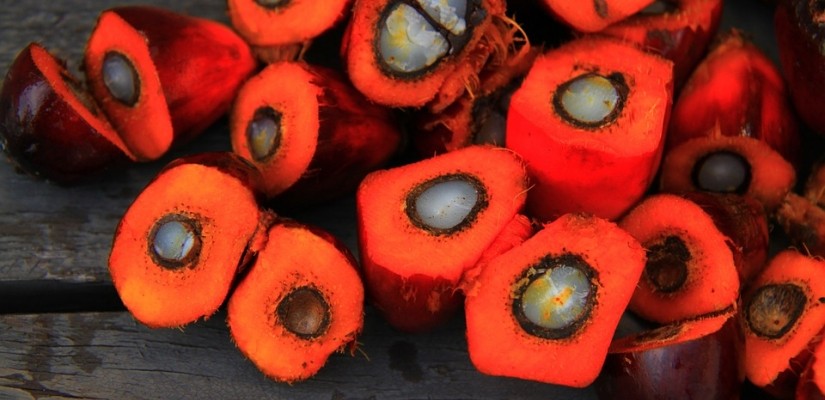The European Union (EU) has recently adopted the Renewable Energy Directive (RED) II regarding the use of Crude Palm Oil (CPO). The EU has extensively campaigned against palm oil in the production of biofuel for the past few years since palm oil is now classified as unsustainable. Palm oil players such as biofuel companies in Europe have grown concerned about the future of the industry and the sustainability of the business. The allegation of unsustainable business practices has become the primary reason for this policy.
Despite the fact that the palm oil industry makes a significant contribution to the global economy, this commodity is now at risk after the adoption of RED II. Palm oil plantations continue to be controversial as they are a primary cause of global environmental issues such as excessive deforestation, the destruction of animal habitats, civil conflicts, and air pollution.
RED II encompasses some technical aspects that will gradually eliminate the use of CPO-based biofuel within the EU by 2030. The EU’s plans to achieve its renewable energy goals by eliminating the consumption of palm oil, however, have been protested by several palm oil producers.

The top producers of palm oil, Indonesia and Malaysia, have responded strongly to this policy because it will have a negative impact on countries that rely on this commodity. With 85% of the world’s palm oil production between them, palm oil industries in both Indonesia and Malaysia have contributed to over 20 million jobs. In Indonesia, 3.5 % of its Nation’s Gross Domestic Product (GDP) is obtained from palm oil industries. The industry has provided a living to millions of farmers who rely on the commodity. Moreover, thousands of companies — especially small-medium enterprises (SMEs) — that depend on the industry are also threatened.
The Indonesian government claims that RED II is a form of direct discrimination of the trade partnerships between Indonesia and the EU. The Indonesian government has accused the EU of banning crude palm oil in order to protect its crop-based biofuels such as soy and sunflower. The Indonesian government has reacted accordingly by sending government officials on a joint mission on behalf of the Council of Palm Oil Producing Countries (CPOPC) April 8, 2019. In addition, the Indonesian government has been preparing to submit a complaint to the World Trade Organizations (WTO) on the grounds of discrimination and unfair targeting of palm oil. The government of Malaysia has threatened to cut down imports of products from EU countries to fight back against this new policy. The government of Colombia is also on board to defend its own national interest in the palm oil industry.
The EU policy will have a significant impact on the various industries that rely on the use of Crude Palm Oil (CPO). Investors should carefully consider engagement in the palm oil sector due to the uncertainty of future industries. Investing in real assets such as greenfield/brownfield, crushing mills, and refineries could be a possible strategy for prospective investors who plan to involve themselves in this business. Investors should also think about the sustainability practices of the industry as a means to mitigate potential risk.
